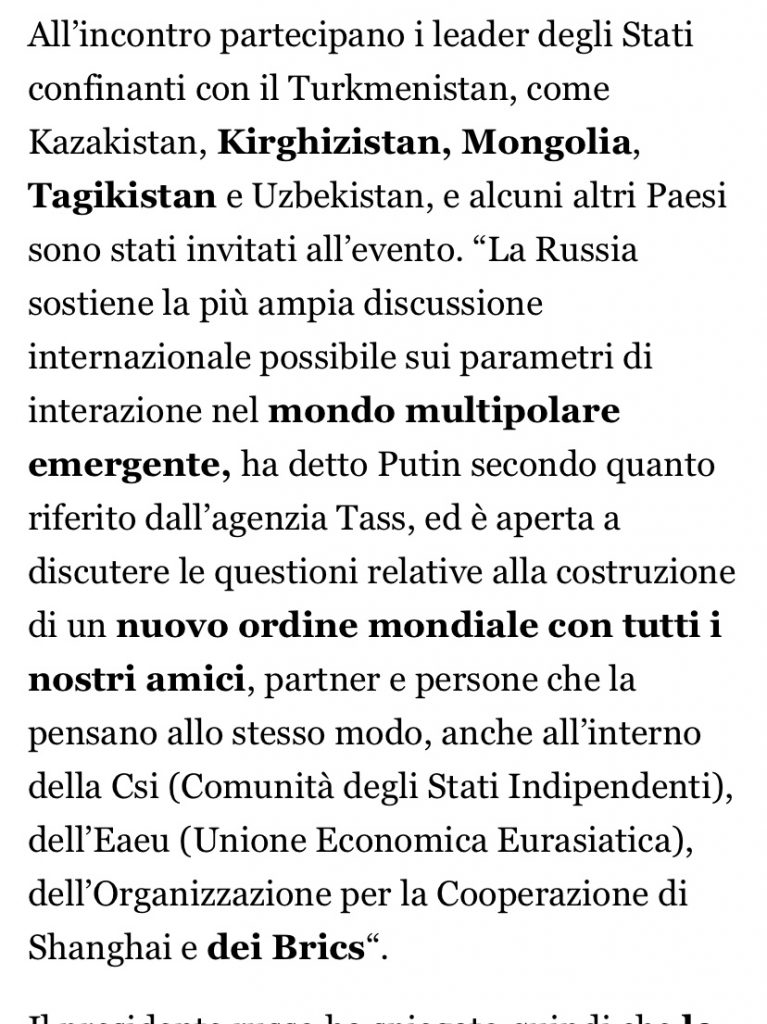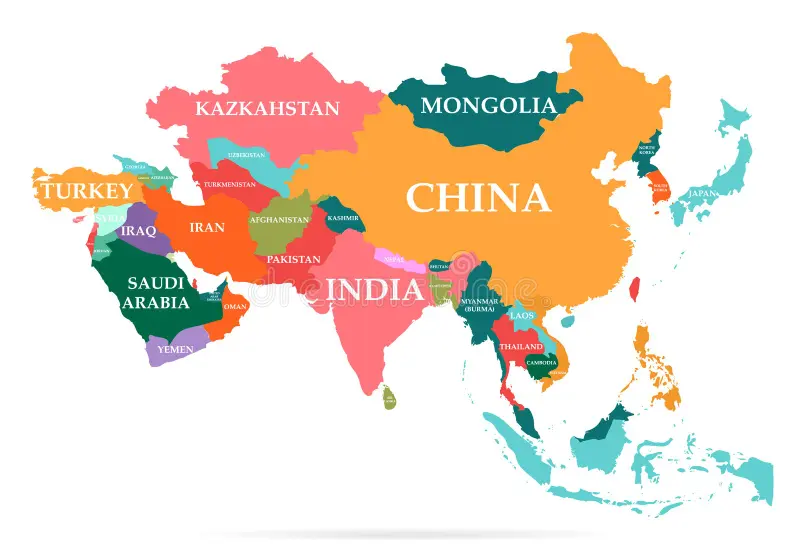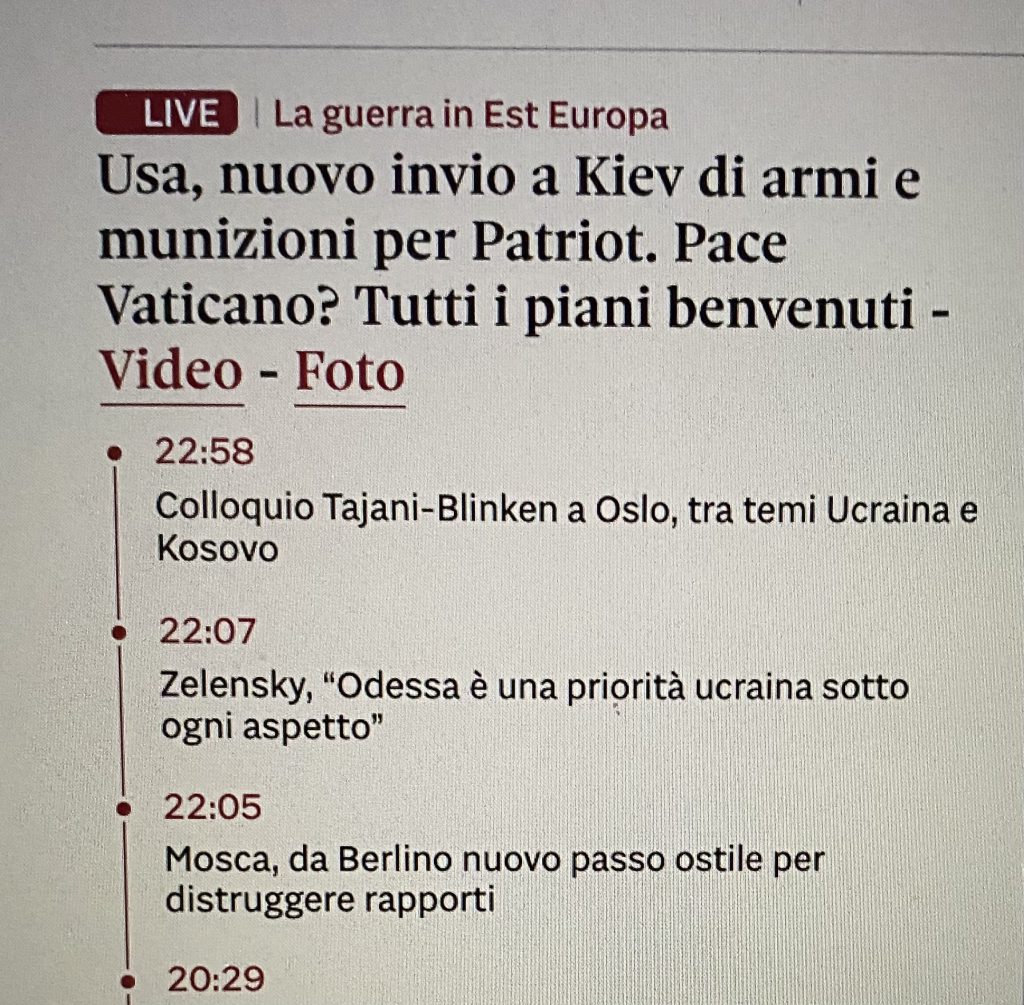
Non sapere come si scrive – o curarsi di avere riportato correttamente – il cognome della Presidente della Commissione UE credo riveli parecchio del livello attuale del giornalismo del CdS, ormai defunto e compianto.

Looking through a Marquise-cut diamond

Non sapere come si scrive – o curarsi di avere riportato correttamente – il cognome della Presidente della Commissione UE credo riveli parecchio del livello attuale del giornalismo del CdS, ormai defunto e compianto.
Mystifying how somebody could misspell DIVINE on the headstone of the greatest singer of all time. Fear not, Sarah dear, the Artful Translator is here to rectify this unforgivable blunder. Hope someone in NJ reads this and asks the local authorities to put it right.

The DIVINE ONE


Da una tragica notizia del CdS, si apprende che:
Per terra resta tanto sangue e si precipitano i soccorsi del 118. Un turista svizzero di 51 anni viene centrato in pieno. Da subito sembra gravissimo: va più volte in arresto cardiaco, gli amputano un braccio. Poi la corsa in ospedale, dove morirà poco dopo l’arrivo nella choc room del Niguarda.
Una stanza fatta di cioccolato?

Una stanza piena di cioccolato?

Oppure si tratta di un ibrido anglo-francese?
Imbrigliando il mio irruente lato faceto, mi domando se davvero ci sia il bisogno di approdare a questa bruttura eteroclita. Bene se si trattasse di un testo scritto per un pubblico residente a Houston o Chicago. E se il testo fosse in inglese. Ma l’italiano mi pare che già disponga di ‘sala rossa’ se proprio si volesse ricorrere al gergo. Forse ‘shock room’ è più sensazionale? Choc room di certo è ridicolo.
Interestingly enough, this word has several translations in English.

Si apprende dalla stampa che “Dal primo luglio 2024 il canone Base Telepass costerà 3,90 euro al mese, prima si chiamava Family e costava 1,83 euro al mese.”
È un +113%, giustificato dal “mutato contesto di mercato e tecnologico e avendo maturato la consapevolezza di disporre di un’esperienza, di un’offerta e di una capacità di innovazione uniche sul mercato“.
L’obiettivo è quello di avere una “nuova proposizione commerciale che valorizzi al meglio, anche in prospettiva, l’ecosistema della propria offerta consumer e punti, al contempo, e offrire soluzioni sempre all’avanguardia per le necessità di movimento della propria clientela in ambito urbano“.
Sarebbe interessante sapere quanti e quante capirebbero l’italiano dell’AD di questa società che, nascondendosi dietro a un italiano bisunto di gergo commerciale e fumoso, tenta di giustificare un aumento incomprensibile.
Innanzitutto, già il nome commerciale elimina la parola Family – così tanto promossa dall’attuale governo – e si passa a Base – ossia, sotto questa soglia si intravedono le pezze ai gomiti e i colletti rigirati e non puoi aspettarti di meno.
La seconda affermazione innesca delle dinamiche nebuolse: cosa è cambiato nel mercato ‘mutato’ ? Il mercato è in costante mutamento. Tuttavia, Telepass ha raggiunto una consapevolezza nirvanica della propria esperienza e sa di avere un certo potenziale, per cui un addebito a priori è giustificato. Questo dato viene ribadito ‘anche in prospettiva’, ossia in futuro. Quindi meglio addebitare da subito. Poi meglio ‘offerta consumer’ anziché ‘offerta consumatori’, perché – si sa – condire con un po’ di anglicismi serve sempre.
Ma è la ‘proposizione commerciale’ che lascia perplessi. Cosa si intende per ‘proposizione’? Una proposta forse? Una ‘value proposition’ in inglese è una ‘dichiarazione di valore’ non certo una proposizione, che in italiano è pari a un enunciato.
Parafrasando dunque: l’aumento del 113% è giustificato perché il mercato è cambiato (come? in quale misura?) e sappiamo di essere gli unici ad avere la conoscenza tecnologia anche futura (?). Il nostro obiettivo è quello di migliorare (quando? In un futuro prossimo o lontano?) la nostra offerta (quindi al momento non è la migliore?) per i nostri clienti quando hanno bisogno di viaggiare o parcheggiare l’auto.
Si evince quindi una dichiarazione di intenti in virtù della quale Telepass ha il diritto di rincarare i prezzi degli abbonamenti non tanto per effettive migliorie (o per lo meno non esplicitate in queste affermazioni), bensì per la sola consapevolezza – acquisita o rivelata -della propria posizione. Giubilo sia dunque in tutto l’italico reticolato autostradale. Benvenute dunque queste entrate giustificatissime nei forzieri Mundys.
PS. Mentre scrivo, dalla sua scrivania la mia assistente Millicent mi sussurra che da anni usa Telepass e mi assicura che non ha mai notato nulla di mutato. Solo il prezzo.

I recently came across the cutest bird I’ve ever seen: the pink robin.


I wonder why Italian resorted to the harsh-sounding and pompous ‘petroica ventrerosa’ to call this magnificent Australian bird.
Why not pettirosa?

Ma non c’è stato nulla da fare.
L’agghiacciante scoperta.
Gesto estremo.
Silenzio assordante.
Sul caso vige il massimo riserbo.
Tragico il bilancio dell’incidente.
Ferocia inaudita.
Per mettere la parola fine.
Il dramma della solitudine.
Infine non poteva mancare, in un Paese dove i detersivi vengono venerati, l’onnipresente
Sporco ostinato.
L’Italia è famosa per la sua cucina variegata e regionale. Eppure ci sarà sempre un aspetto del mangiare ‘all’italiana’ che mi lascia sconcertato: la pasticceria secca.

Mi domando da dove arrivino queste frolle o biscotti. In particolare, l’orribile frolla a forma di S

Rimane spesso – forse ripudiata – in una vetrinetta solinga in un angolino di qualche caffè ai margini di molte cittadine italiane. Di pomeriggio solitamente. Unica superstite dopo la grande razzia mattutina della viennoiserie degustata con caffè e cappuccino.
D’altronde si potrebbero mai biasimare coloro che si tenessero a debita distanza da questa frolla secca, insapore e difficilmente deglutibile?
E come tradurlo in inglese? Molti siti – spesso italiani – la traducono con dry pastries/dried pastries. Eviterei. Pastries contengono il lievito che normalmente le frolle non hanno. Queste frolle sono forse da consumarsi con il tè? Quindi potrebbe andare tea biscuits sebbene l’immagine mentale potrebbe essere diversa per un inglese o un australiano. Forse sono da considerasi fancy biscuits? A me sembrano l’antitesi di ogni forma di creatività culinaria, ma questo è un gusto squisitamente personale.

Dal Sole24Ore di oggi 1 giugno 2023: siamo sicuri che i piani possano essere benvenuti? Proporrei un ‘benaccetti’ o ‘graditi’. L’articolo di questa famosa testata italiana non porta la firma. Resta il sospetto che gli articoli di stampa vengano sempre più tradotti dall’inglese e pochi siano gli originali.